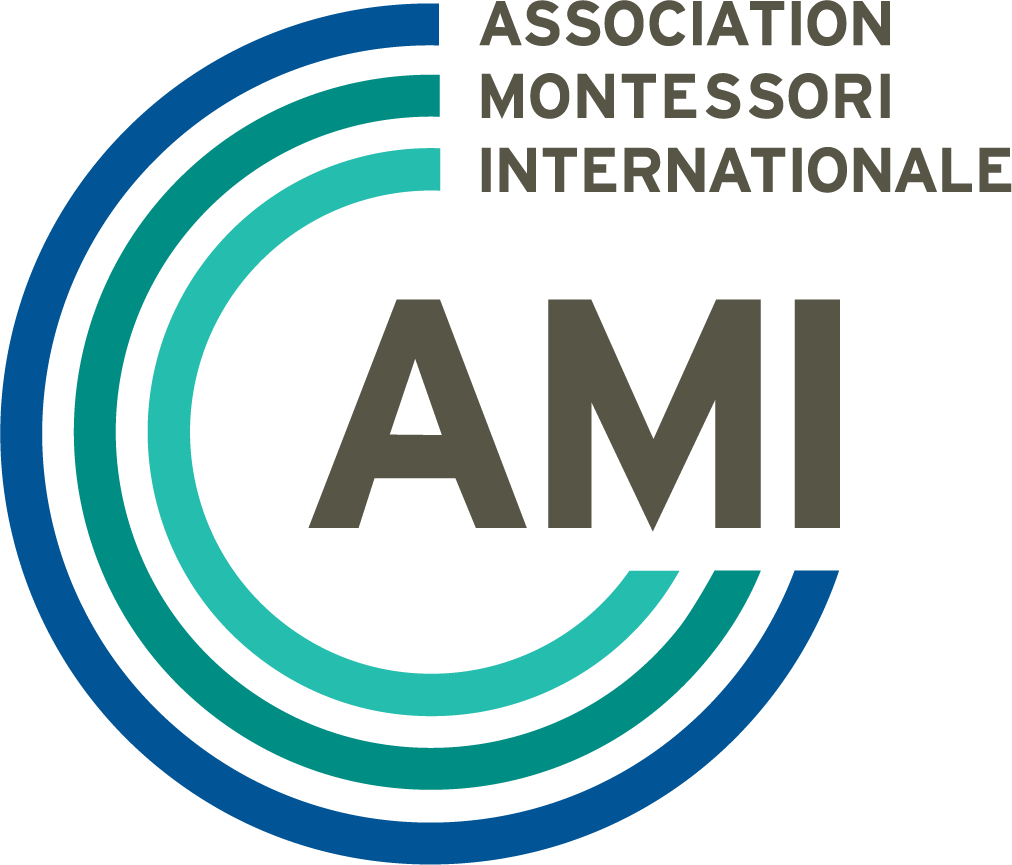To access the webinars, please click on the title of choice and proceed. For upcoming webinars go to our upcoming events page.
Webinars
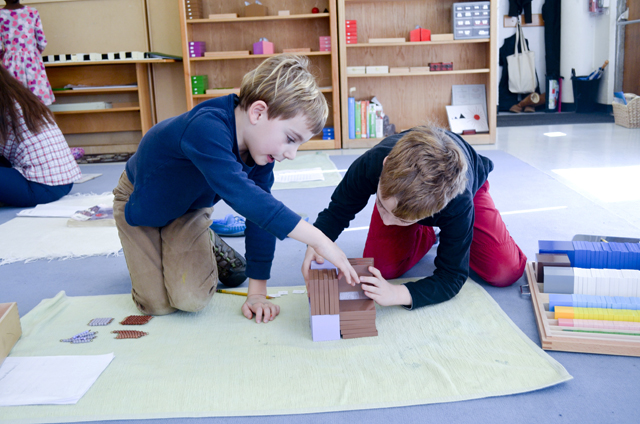
Introduction to Montessori Education
A history of Montessori education as presented by Gerry Leonard.
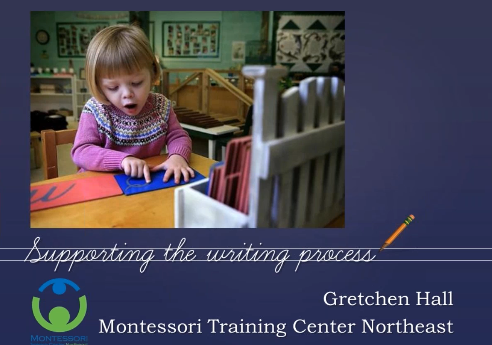
Guiding the Writing Process
Learn more about the writing process and how it unfolds in a Montessori Primary environment as presented by Gretchen Hall.
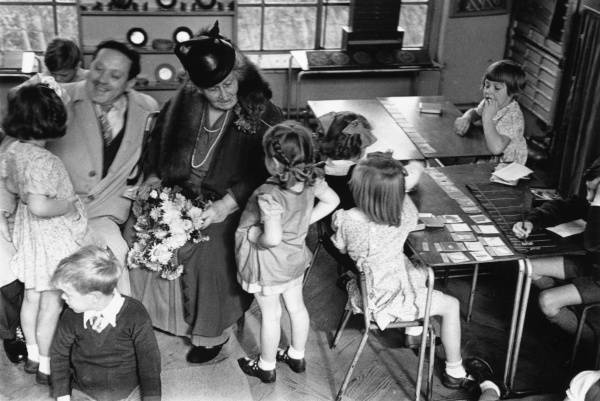
The Art of Story Telling in the Montessori Elementary Classroom
Learn about the importance of story telling for the 6-12 year old, guidelines for writing your own stories, and becoming a good story teller. This webinar is ideal for anyone who is interested in learning more about Montessori theories and practices used in the classroom as presented by Gerard (Gerry) Leonard.
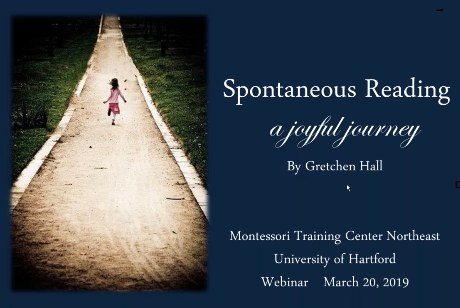
Spontaneous Reading: A Joyful Journey
Gretchen Halls shares how to identify the skills necessary for becoming a reader and how to align these skills to the Montessori materials, as she reviews the progression that leads to spontaneous reading. You will come away with proven techniques and strategies for developing the reading skills of children that can be used immediately in your classroom.

image source: https://www.raepica.com/2018/08/children-losing-their-connection-to-nature/
Helping Children Feel at Home in the Natural World – the Montessori Approach
Gerard (Gerry) Leonard discusses why Maria Montessori promoted children not only understanding how the natural world works, that is the laws of nature, but why she also promoted what she called “living in nature”. During the webinar recent writing regarding “nature deficit disorder” is reviewed, and practical ways to connect children to the natural world, both in school and at home, are shared.
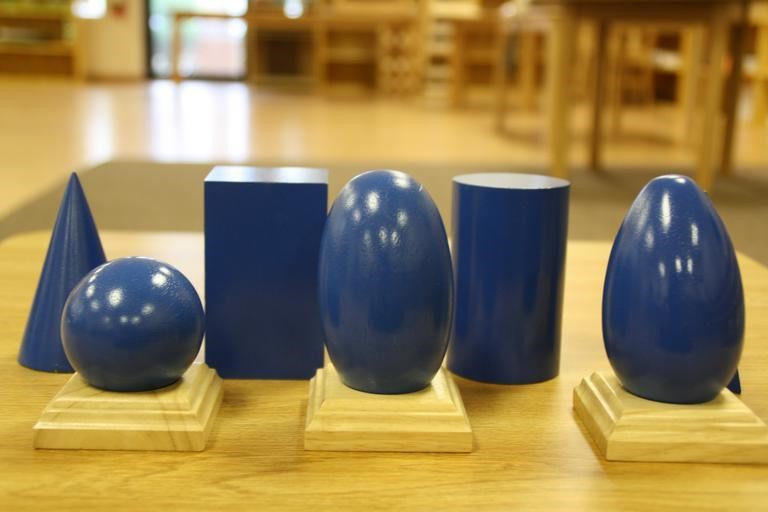
Why is Geometry So Important?
This webinar, presented by Gerard (Gerry) Leonard, focuses on the Montessori approach to Geometry as a aid to child development. He examines a number of explorations and discoveries that children make using geometry materials and discusses how such hands-on work in the discipline of geometry builds the child’s reasoning mind.
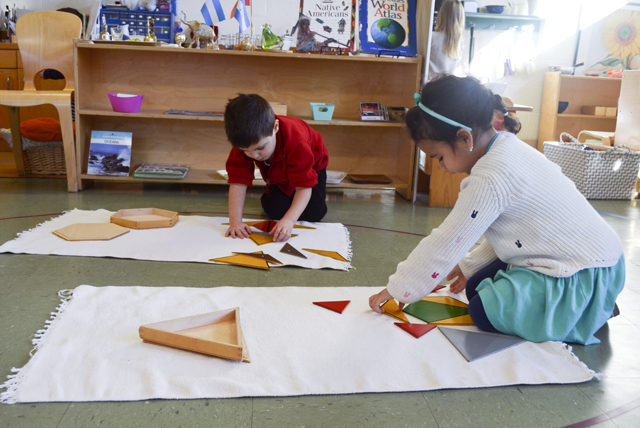
Quality Montessori in the Public Sector
Tim Nee provides an overview of the following topics related to quality Montessori public schools:
- Where are public Montessori schools in the USA?
- Types of public Montessori Schools
- The Essential Elements of Quality Montessori in the Public Sector
- The alignment on Montessori with state requirements and standards
- The strengths of public Montessori programs and common pitfalls
- Supporting public Montessori programs and state advocacy work

Quality Montessori: The Essential Elements
Tim Nee provides an overview of the Essential Elements for Quality Montessori in the Public Sector. The elements have been agreed upon by multiple organizations including both AMI and AMS. These elements are an excellent way for schools to evaluate their own Montessori programs, create school improvement plans and/or provide professional development to their Montessori community.
Montessori and the Current Early Childhood Landscape
This webinar will address Montessori theory and practice in the current early childhood education landscape with special attention to this child-centered practice and sustained work by children. In watching this webinar, you will learn about current research that can support authentic Montessori. Explore authentic questions from educators, parents, advocates and community and find out more about on-going resources available to you.

Human Responsibility: Seeing Resourced Community and Human Capacity
Families have many kinds of assets. As educators, especially working with families and children birth to age three, we have a precious opportunity to celebrate each child’s capacity and family’s assets. From Mexico to Hartford, USA and through Montessori and Birth to Three System work, we are preparing the next generation of early care providers. This is a recorded webinar presented by Dora Maria Vidales, AMI Montessori Assistant to Infancy Trainer, Courtney Reim, AMI Montessori Primary Trained Guide, with Drs. Lynn Johnson and Paige M. Bray from the University of Hartford.

Finding the Hook-Engaging the Reluctant Learner
Get some tips and helpful strategies to use in the classroom. This is a recorded webinar presented by Laurie Campiformio, AMI Montessori Primary Trainer.
Zoom Recording Passcode: XJ!xfrR9
Research and Advocacy: Montessori Teacher Experiences and Professional Pathways
Learn about research illuminating the Montessori teacher experience, explore the data that informs professional pathways, including state licensure, and find out more about the ways advocates use data to call for further research. Presented by Dr. Paige Bray and Dr. Joshua Russell.
Montessori Research: Why You Should Care and Contribute
This recorded webinar focuses on the recent research completed by Angeline Lillard and her colleagues where it was found that Montessori preschool boosts academic results and reduces income-based inequality.
Montessori Education: The Role and Application of Quality Participatory Action Research
Dr. Paige Bray and Dr. Joshua Russell provide an introduction to the role of quality participatory action research as applied in educational research and specifically in Montessori education. They discuss current research and applications of participatory action research as found in a special issue of Urban Education. Additionally, they share ways to make your own research more participatory. Click the title above to view the recorded webinar for techniques and strategies in applying recent Montessori research in your classrooms and methods by which you can contribute to the field of Montessori research.
Montessori: A Multi-Media Introduction
Find out what Montessori is all about through MultiMedia. And, did you know Montessori’s developmental approach is used with infants and throughout life, including elders? See Montessori methods being using in schools, community settings, health care around the world. There are MultiMedia compilations for you to share with friends, families and students of all ages! This webinar is presented by Dr. Paige M. Bray and guests.
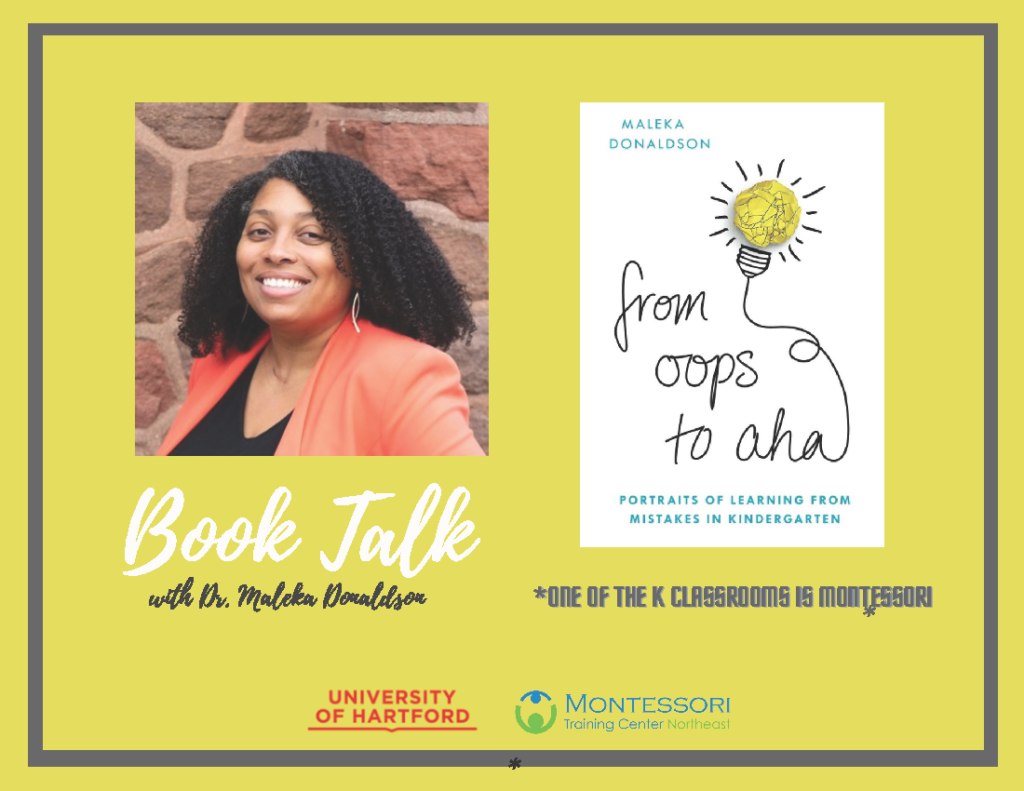
From Oops to Aha: Portraits of Learning From Mistakes in Kindergarten with Dr. Maleka Donaldson
In this webinar Dr. Melaka Donaldson discusses her published sole-authored book, From Oops to Aha: Portraits of Learning From Mistakes in Kindergarten. In viewing this webinar you will learn how teachers from four public school Kindergarten classrooms: urban, charter, Montessori, and suburban respond to mistakes and interact with students. Dr. Donaldson’s shares how teachers’ beliefs, intentions, and instructional practices play out in context during daily life and the associated policy implications.
Dr. Maleka Donaldson, Assistant Professor of Education & Child Study, Smith College: Maleka Donaldson’s courses focus on the learning sciences and on STEM teaching methods at the elementary level. In her research, she studies teacher and student responses to making mistakes, including how classroom interactions shape instruction in real-world contexts. Donaldson’s work appears in several peer-reviewed journals and her published, sole-authored book, From Oops to Aha: Portraits of Learning From Mistakes in Kindergarten.
Alumni Webinar Series Archive
There is a nominal fee of $20.00 US required to view recorded webinars from the Alumni Webinar Series. One hundred percent of the proceeds from the viewing of these archived webinars goes to the MTCNE Scholarship Fund.
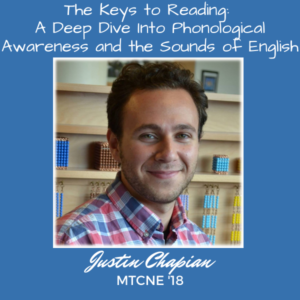
Why is it that some children struggle to read and what can we do about it? For many children, the missing link to total reading is the awareness of sounds in our language. Justin Chapian, MTCNE ’18, will take a close look at why phonemic awareness is so important, how it is different from phonics, and practical suggestions for instruction in the Montessori classroom. We will touch on how Montessori’s approach of writing before reading aligns with the science of reading and we will then take a deep dive into the sounds of our language and the connection between the children’s spelling and their awareness of sound.

